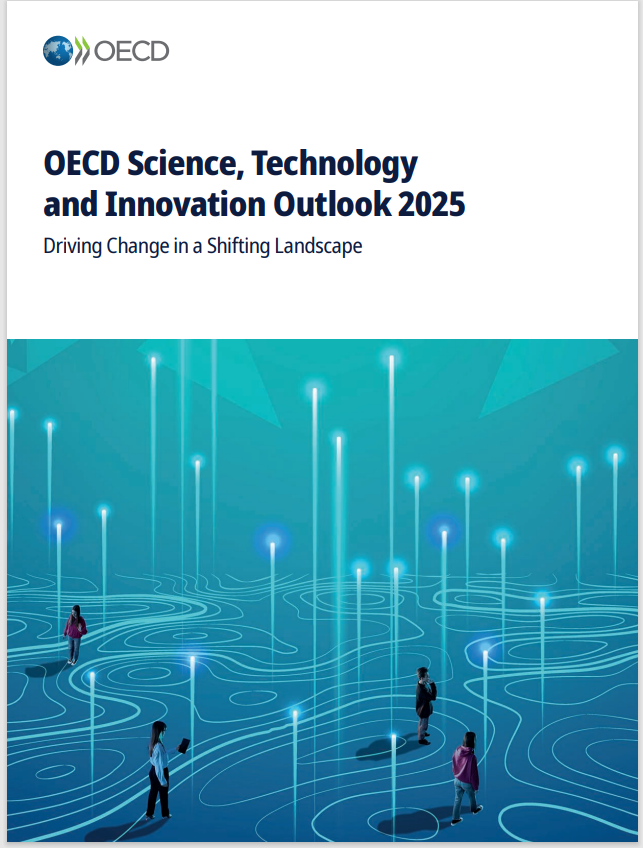While the report does not address the Western Balkans explicitly, the analysis is relevant for policy makers in the region (link: https://www.oecd.org/content/dam/oecd/en/publications/reports/2025/10/oecd-science-technology-and-innovation-outlook-2025_bae3698d/5fe57b90-en.pdf).
The report emphasises five key policy actions: (i) promote a policy agenda contributing to broad transformative change; (ii) direct R&D funding for transformations in combination with non-directed measures; (iii) strengthen coordination between STI and non-STI policy areas; (iv) mobilise public funding to crowd-in private finance; (v) promote transformative change rather than business-as-usual.
The report notes that innovation tends to cluster among leading firms, sectors and regions, resulting in concentration of benefits, and that STI policies need to emphasise diffusion and wider participation. This suggests that attention to not just frontier innovation but also adoption, diffusion and upgrading in SMEs and less-advanced firms is key.
Chapter 4 deals with how science systems must adapt: multidisciplinary research, flexible research career paths, stronger linkages with society, modern research infrastructure, reforms in research assessment and incentives. Chapters 5 and 6 explore technology convergence (e.g., AI with biotech, quantum, earth-observation) and an ecosystems approach to industrial policy (going beyond single sectors, looking upstream/downstream, suppliers, start-ups, trade partners). Chapter 7 highlights the need for agility in policy, strategic intelligence, foresight, policy experimentation (labs, trials, regulatory sandboxes) so that STI systems can respond to uncertainty. Thus, adopting experimental policy approaches, piloting interventions, and building strategic foresight capacity could help accelerate reforms.
The report observes that many governments face resource constraints (for example in R&D budgets), and that it becomes important to exploit synergies (e.g., between competitiveness, sustainability, security) and to avoid trade-offs.
In the Western Balkans, public budgets are more constrained, so emphasising policy efficiency, aligning innovation policy with green transition, digitalisation, competitiveness and accession goals offers an integrated way forward.

